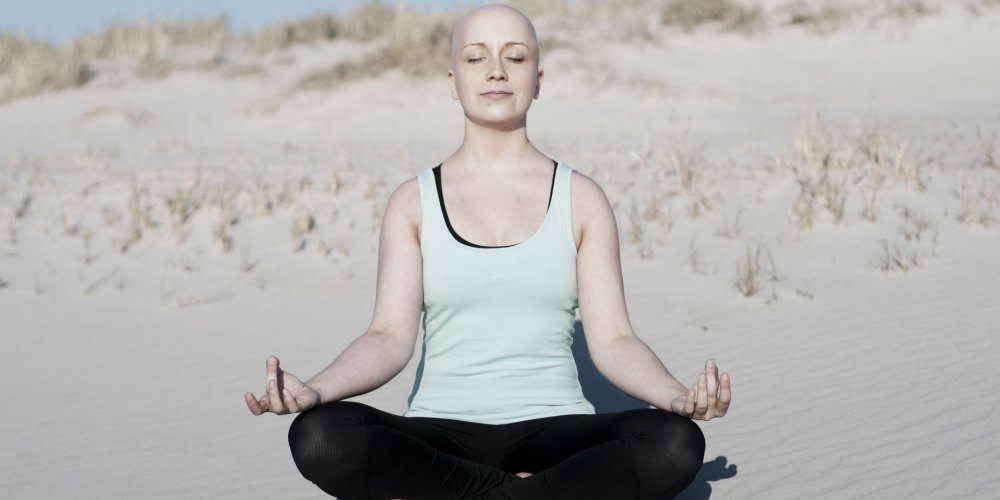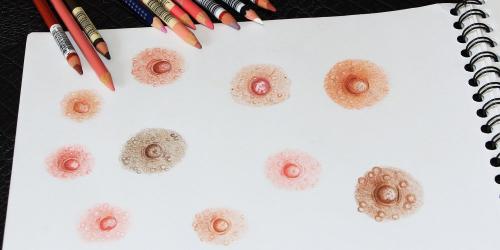Before being a patient, a patient is also - and above all - a woman whose morale must be sustained in order to improve her well-being and her chances of recovery.
Murder in her body and weakened psychologically , she needs to be supported in this test, especially in case of removal of the breast .
Better support during treatments
Today most anti-cancer centers offer interviews with a psycho-oncologist and groups of words intended to verbalize his anxieties, release his emotions and avoid isolation.
And as taking care of yourself is a nice way to regain confidence , onco-aesthetic care has also developed. For twenty years, associations provide hospital care and advice to all those who wish.
The time of a beauty, we forget the hospital, we learn to camouflage the effects of skin treatments (erythema, acne , cracked nails ...) and redraw his eyebrows disappeared at the option of chemo.
Specific sports classes have also been set up. Regular physical activity - it's scientifically proven - helps you to live better treatments.
"Women are better able to resist fatigue and get back in touch with their bodies while minimizing the risk of relapse," says Dr. Laure Copel, oncologist.
Recurrence is estimated to be 20% lower for women who practice three hours of exercise per week, and 50% less for women who have up to nine hours of weekly exercise.
Latest innovation, the launch in 2015 by the Institut Curie of a secure mobile application to support each patient in his care: reminders of medical appointments, information on the repercussions of treatments, direct access to specialists who follow him ... A plus that makes life easier and should be quickly adopted by other cancer centers.
Supportive care has invested oncology services
Sophrology , acupuncture, hypnosis, mindfulness meditation ... These complementary medicines are no longer viewed with an evil eye by oncologists.
On the contrary, they are welcome in cancer centers to contain stress and reduce adverse effects of treatment.
By learning to relax, patients experience less nausea and pain from surgery and chemotherapy.
"This supportive care makes it easier to get through this difficult period and therefore to better follow long-term treatments, such as hormone therapy," says Dr. Daniel Zarca, cancer surgeon, president of the Institut français du sein, in Paris. .
Almost all oncology services now offer it. Women can also benefit outside the hospital by calling on specialized associations.
More information on www.lavieautour.fr and www.etincelle.asso.fr.




